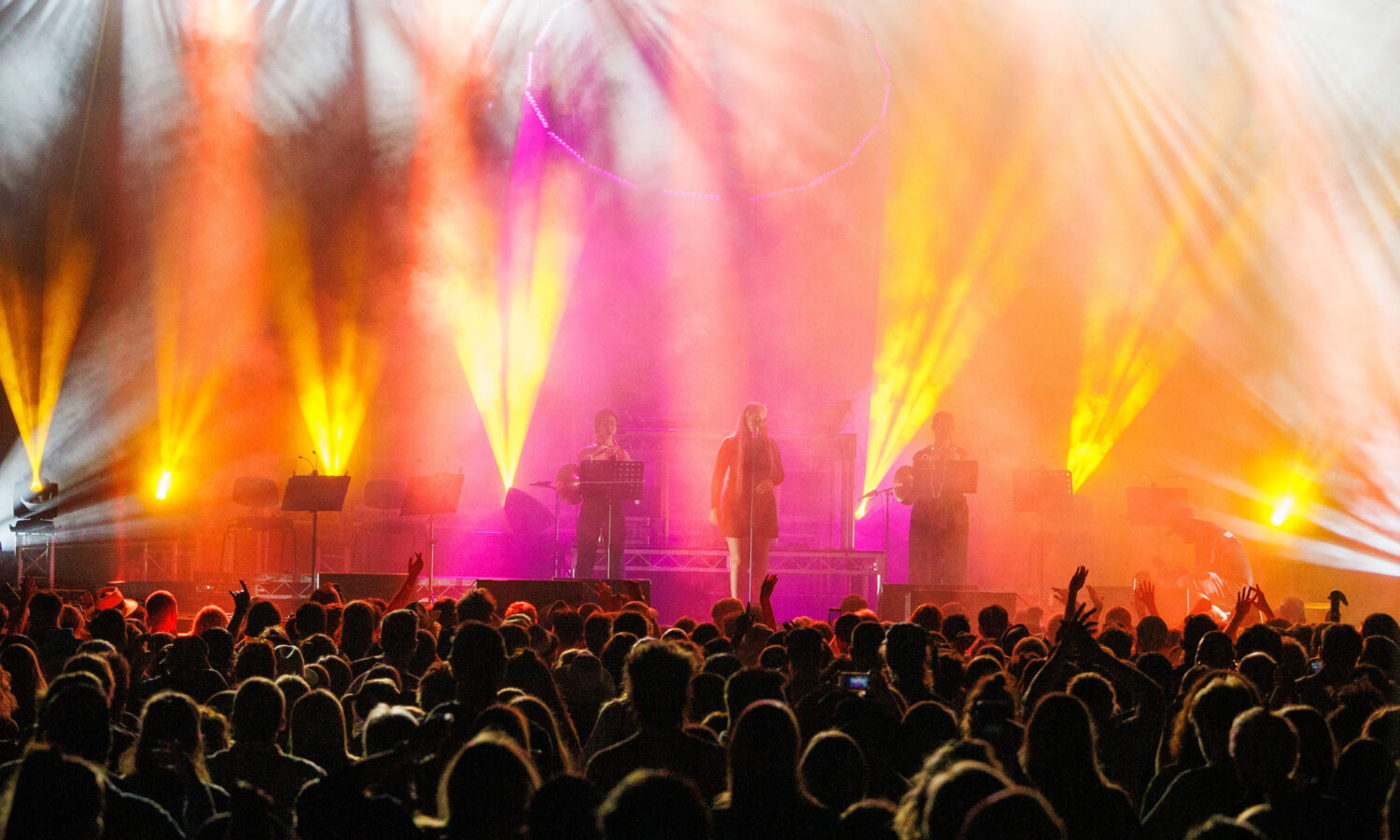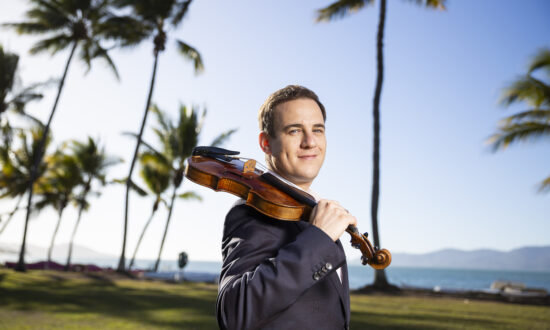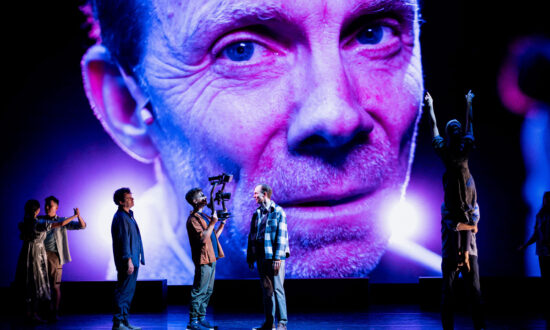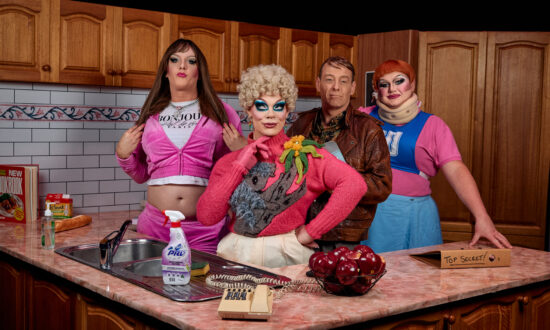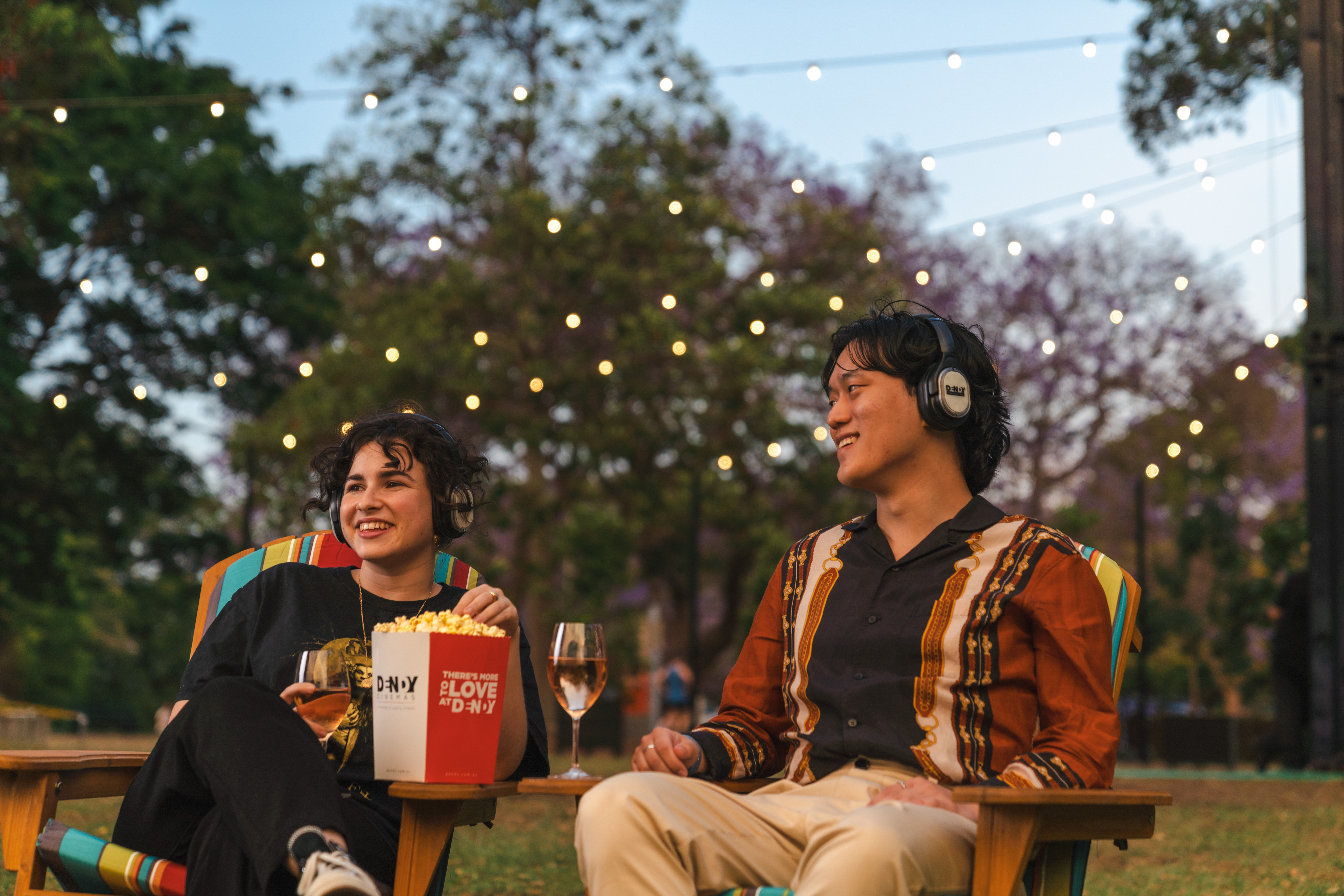Despite vaccination requirements, a reduced capacity in Botanic Park and a few facemasks dotted through the crowds, the atmosphere felt little changed from pre-pandemic WOMADs. If anything, a year’s break from the traditional format had left audiences more amped than ever, eager to hear the around 650 artists appearing across the park’s seven stages.
Oud master Joseph Tawadros and the 52-piece Adelaide Symphony Orchestra presented the opening performance on the Foundation (main) Stage on Friday evening, with Yolngu rapper Baker Boy later kicking things up a gear or three with a high-energy show that had fans dancing like they probably hadn’t since early 2020.
Australian First Nations talent was showcased across the weekend, with other standouts including hip-hop duo A.B. Original (joined for their one-off Saturday show by guests including Courtney Barnett, Thelma Plum and Mo’ju), soulful singer Emma Donovan & the Pushbacks, and hot young surf-rockers King Stingray – a band of “five Yolŋu (Aboriginal) and balanda (non-Indigenous) mates”.

Baker Boy performs on the Foundation Stage on Friday night. Photo: Tony Lewis
Didgeridoo virtuoso William Barton was among guests who joined Goanna for their special 40th anniversary show – stealing the show with his playing during the much-anticipated “Solid Rock” – while the large audience of fans that gathered to see Adelaide favourites Electric Fields perform with the Antara singers and Tjarutja First Nations Dance Collective suggested they may have warranted a larger stage.
Although there were a few international acts on the 2022 program, including standouts such as Scotland’s Elephant Sessions, Kiwi electro-reggae band L.A.B and New Zealand-based alt-folk singer Reb Fountain, challenges posed by COVID meant this year’s line-up was predominantly Australian. But WOMADelaide director Ian Scobie promised at the outset that performers would demonstrate “the extraordinary creative and cultural diversity that lies within our own borders” – and he was proven right.
The infectious energy of Sorong Samurai, a group of Australia-based singers, log drummers and dancers from West Papua and PNG, had audience members defying the heat to join the dancing front of stage early Saturday afternoon, as did Melbourne-based Cook Islander group Te Tangi O Te Ka’ara on Sunday. The beautiful vocals and rhythms of Sydney-based Balkan Ethno Orchestra transported listeners to south-eastern Europe, while Iraq-born Adelaide producer Motez pumped up the volume and energy level with an electrifying sound and light show featuring an array of guest vocalists and live musicians.

Get InReview in your inbox – free each Saturday. Local arts and culture – covered.
Thanks for signing up to the InReview newsletter.
The big-name acts didn’t disappoint, either, with Courtney Barnett drawing thousands to the Foundation Stage on Friday night and Paul Kelly closing out Monday’s live line-up. Festival favourites The Cat Empire owned the stage on Saturday evening, with fans clearly eager to see their final Adelaide show with the original band line-up. Projections behind the musicians enhanced the performance, especially the fast footwork of the guest Flamenco dancers, and by the time they reached the rare (but in this case inevitable) WOMADelaide encore, culminating with a rousing version of “The Chariot”, emotions were in overdrive.
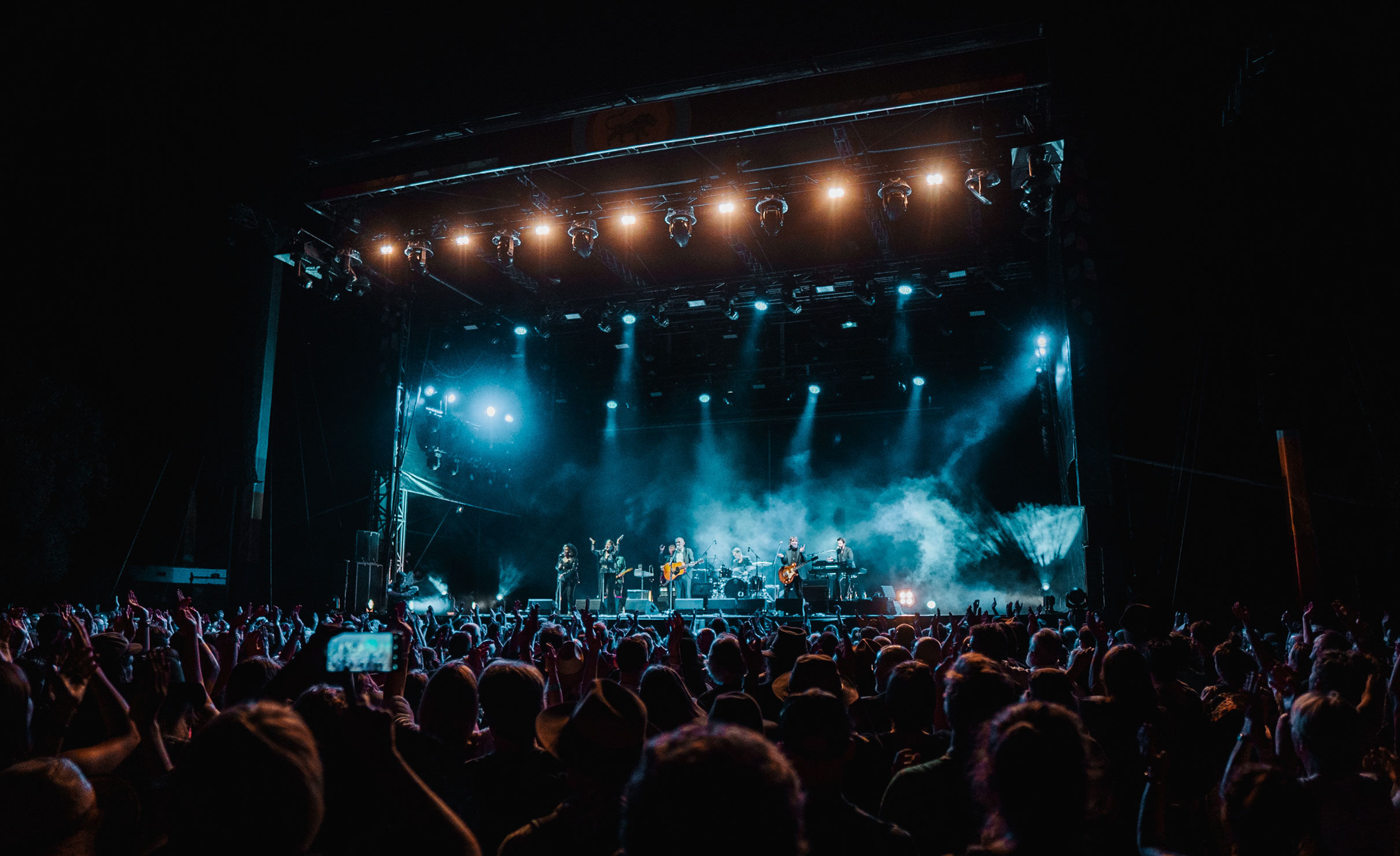
Paul Kelly performed at the first WOMADelaide in 1992 and was back to close out the Foundation Stage last night. Photo: Saige Prime
Amid a long weekend that delivered many highlights, a couple of shows featuring South Australian artists also deserve special mention. Down the back of Frome Park, a hundred dedicated volunteer drummers from Adelaide created a wonderful choreographic beat for six dancers from Townsville company Dancenorth in the captivating NOISE, while Restless Dance Theatre’s aptly titled Écoute Pour Voir (Listen to See) was an intimate dance experience performed in roped-off circles by seven solo dancers and one duo for individual listeners wearing headphones. The smiles said it all.
WOMADelaide in pictures
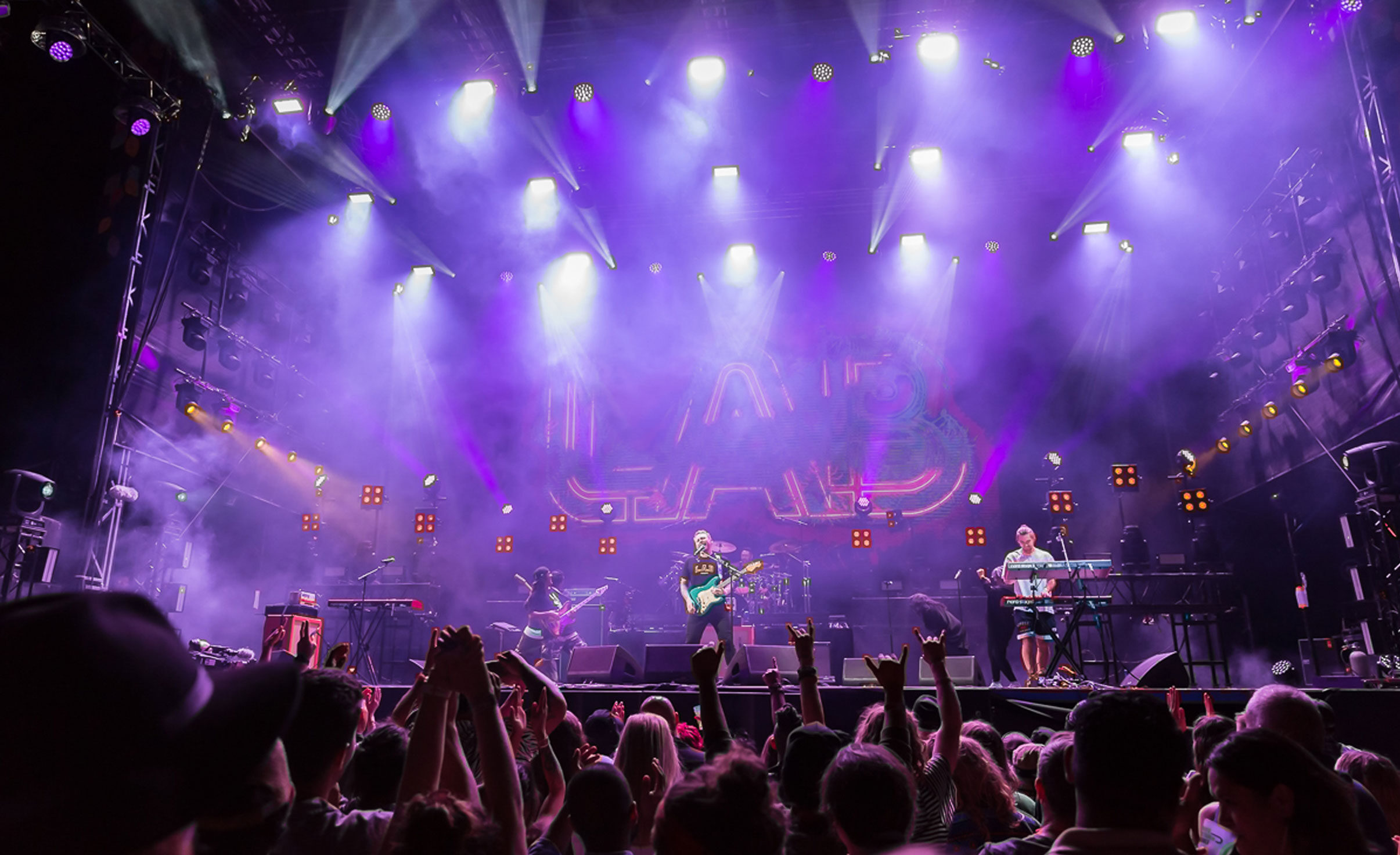
New Zealand band L.A.B. Photo: Ben Kelly
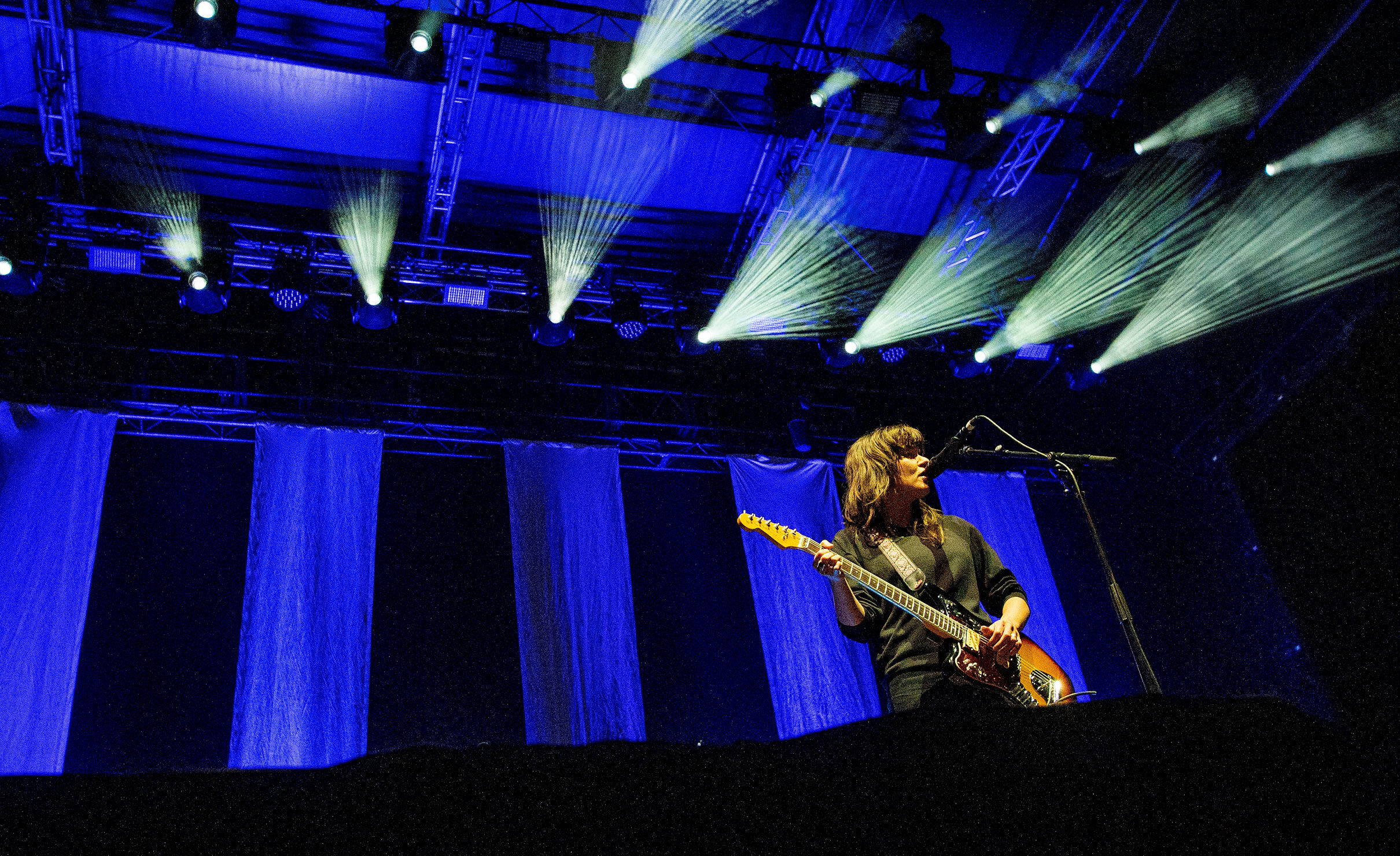
Courtney Barnett on the Foundation Stage. Photo: Naomi Jellicoe
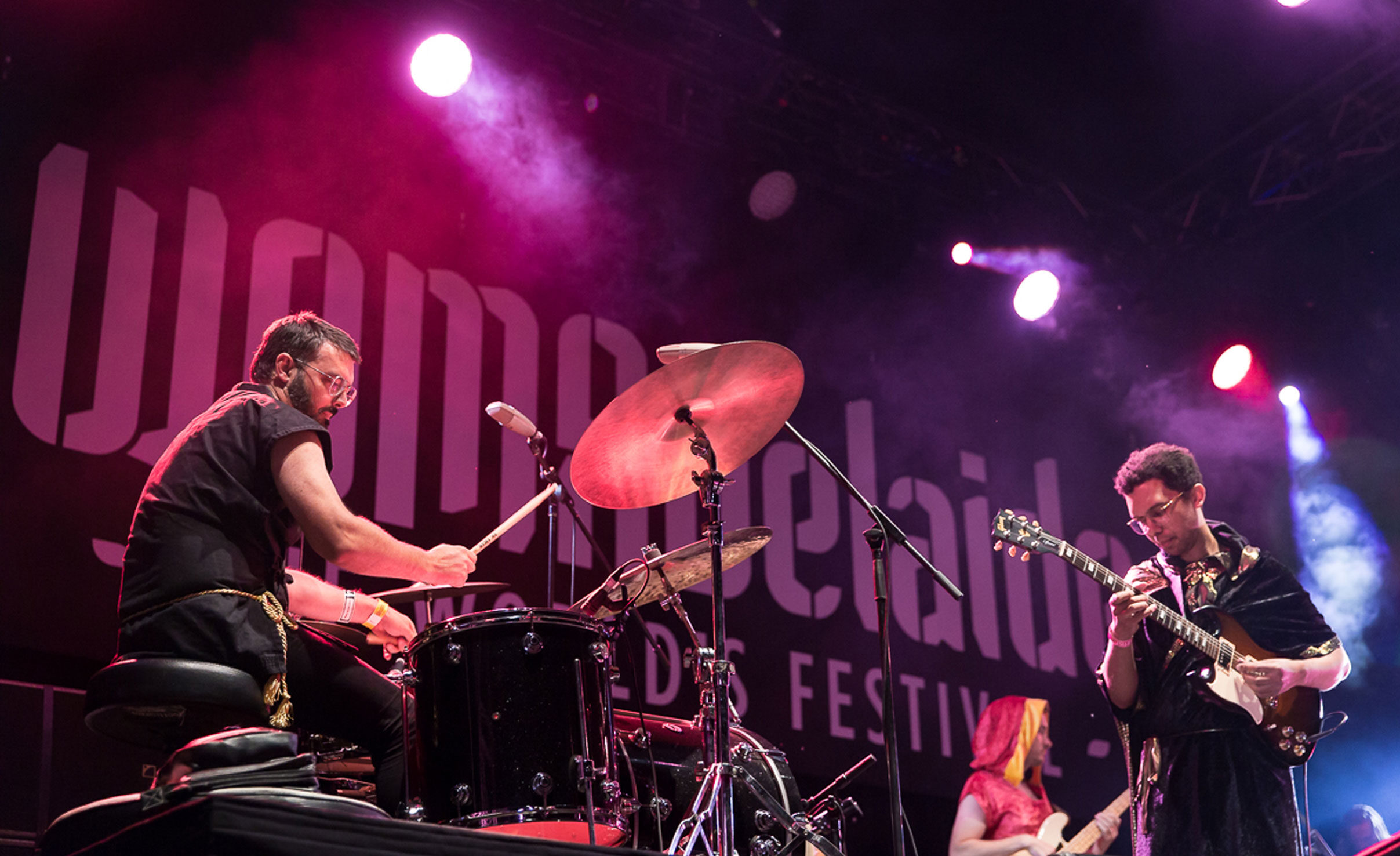
Adelaide collective The Shaolin Afronauts. Photo: Ben Kelly
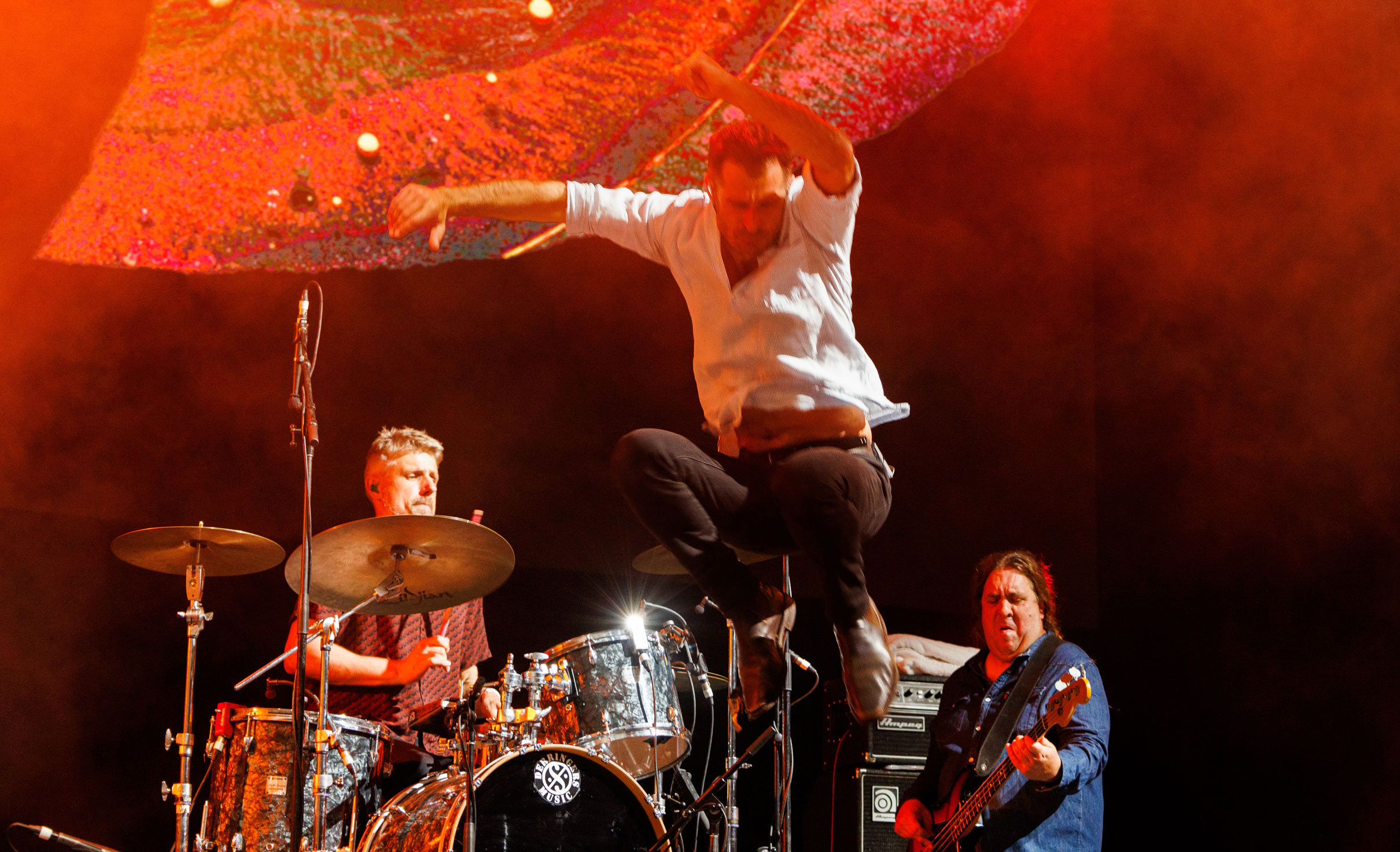
The Cat Empire’s Felix Riebl during the band’s final festival appearance. Photo: Tony Lewis
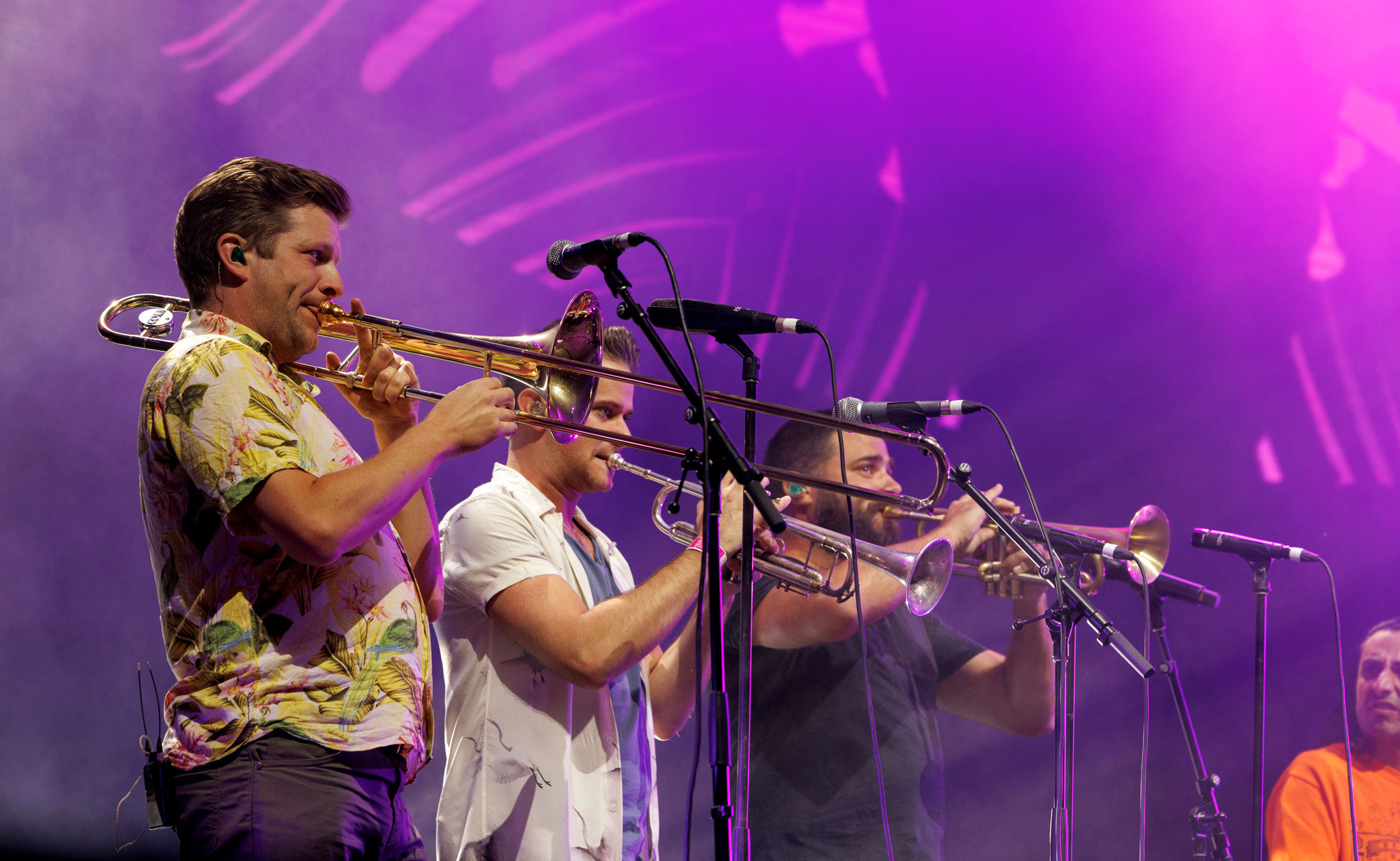
Members of The Cat Empire. Photo: Tony Lewis
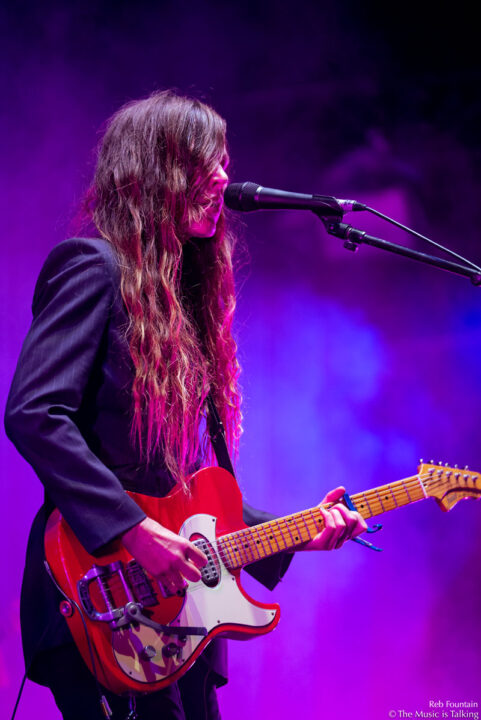
Singer Reb Fountain, from New Zealand. Photo: Alexander Hallag

WOMADelaide – back in Botanic Park. Photo: Ben Kelly

Brothers James and Joseph Tawadros. Photo: Tony Lewis

King Stingray were a highlight of Monday’s line-up. Photo: Ben Kelly

Fun times with Melbourne Ska Orchestra. Photo: Tony Lewis

Melbourne Ska Orchestra. Photo: Ben Kelly

Hip-hop stars A.B. Original. Photo: Tony Lewis

Crowds in front of Stage Two in Botanic Park. Photo: Tony Lewis

A member of masked quartet Glass Beams. Photo: Tony Lewis

Electric Fields’ Zaachariaha Fielding. Photo: Tony Lewis

The Shaolin Afronauts drummer in action. Photo: Ben Kelly

Motez performs on Stage Two. Photo: Ben Kelly

Festival goers in the Cathedral of Light installation. Photo: Tony Lewis

L.A.B frontman Joel Shadbolt. Photo: Tony Lewis

DJ Aroha presents a late-night set on Stage Seven. Photo: Alexander Hallag
Support local arts journalism
Your support will help us continue the important work of InReview in publishing free professional journalism that celebrates, interrogates and amplifies arts and culture in South Australia.
Donate Here
